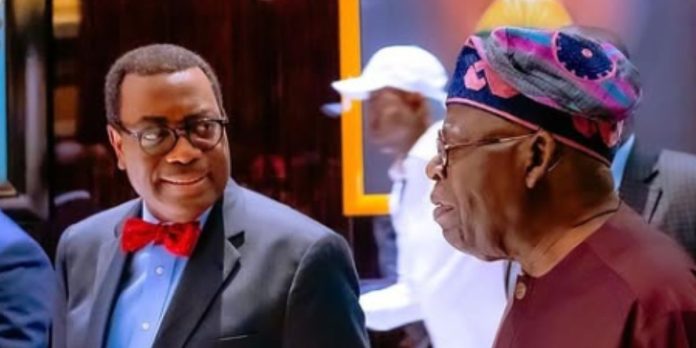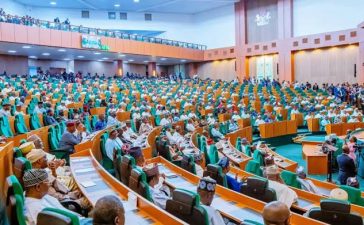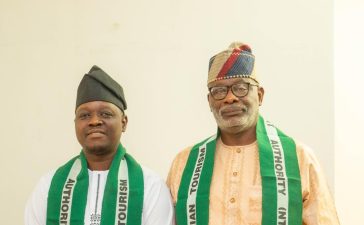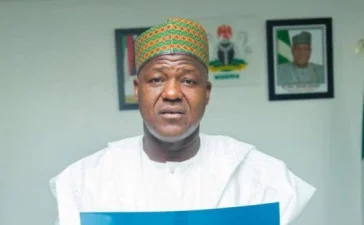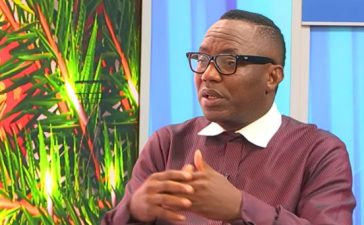The Presidency has pushed back against recent claims by President of the African Development Bank (AfDB), Dr. Akinwumi Adesina, suggesting that Nigeria’s economy has declined since independence.
Speaking at an event in Lagos, Adesina claimed that Nigeria’s GDP per capita had dropped from $1,847 in 1960 to $824 today, indicating a significant decline in the standard of living. He argued that countries like South Korea, which once shared similar GDP levels with Nigeria, have now surged ahead.
However, President Bola Tinubu’s Special Adviser on Communication Strategy, Bayo Onanuga, dismissed the claims as “substantive lies.” He challenged the accuracy of the figures, noting that available data showed Nigeria’s GDP per capita in 1960 was around $93—not $1,847 as claimed.
Onanuga cited historical economic data, highlighting that the country’s GDP rose significantly in the 1970s due to oil revenues. He stated that per capita income did not surpass $880 until 1980 and only peaked at $3,200 in 2014 after economic rebasing.
He further argued that GDP is not the sole measure of national progress. “Consider the number of universities, hospitals, roads, and tech infrastructure we have today compared to 1960,” he said. Onanuga referenced MTN Nigeria’s recent N1 trillion revenue as proof of economic vibrancy, asking, “Does this reflect a nation worse off than it was in the 1960s?”
The Presidential response suggests a wider debate about how to assess economic progress in Nigeria, and what indicators truly reflect the well-being of its citizens.

